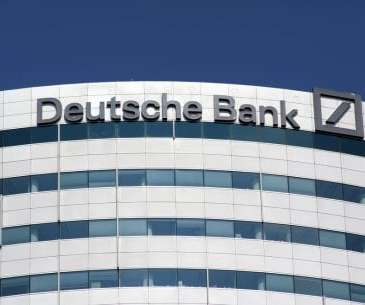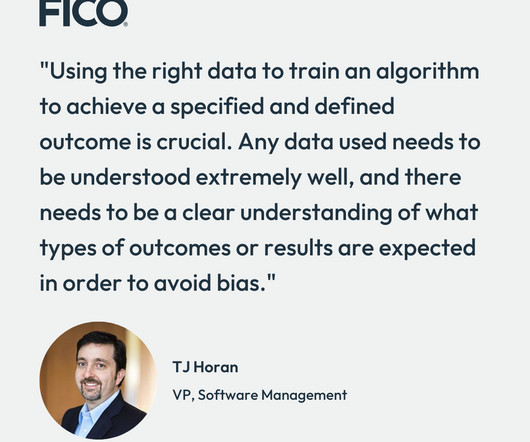FinCEN AML/CTF Priorities Part 7: Fraud and COVID-19
Abrigo
AUGUST 27, 2021
COVID-19 creates new opportunities for fraudsters Fraudsters have taken advantage of COVID-19-related fraud schemes with the influx of money from government stimulus and vulnerable individuals. Takeaway 1 COVID-19 has sparked new fraud schemes, and cyber-enabled fraud is on pace to reach new highs. Current State of Fraud.



























Let's personalize your content